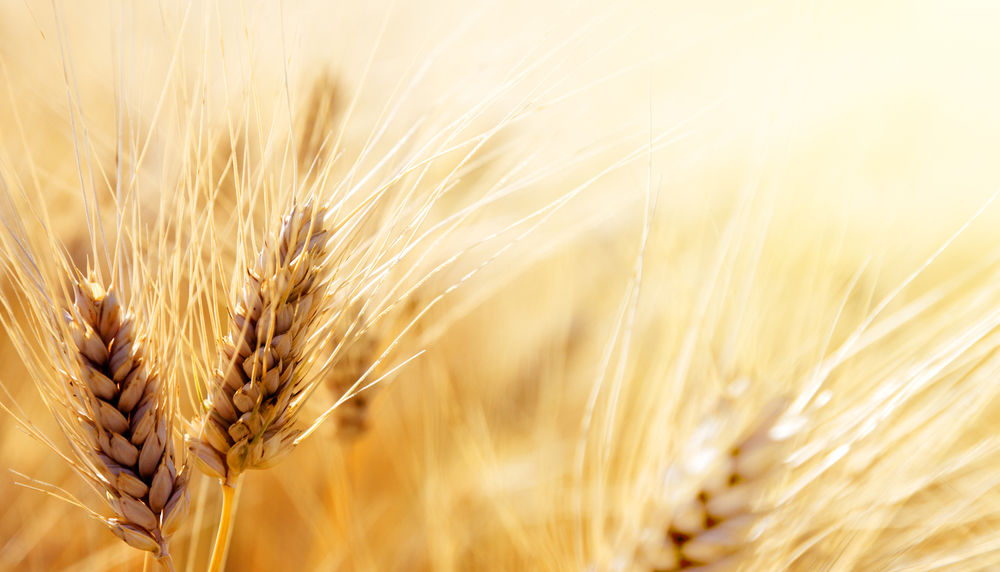Well, seems like Pope Francis has finally gone too far. He’s banning gluten from hosts! “Pope shuns the gluten-intolerant.” Such headlines populated social media streams this weekend after the Congregation of Divine Worship and the Discipline of the Sacraments issued a statement about liturgical abuses of the Eucharist.
In an age where headlines are written for clicks, truth need not apply. Yet we Catholics are called to have a deeper look. For starters, there is no new teaching in the congregation’s statement.
The statement itself relies heavily on prior Church teaching. The bread used for Communion “must be unleavened, purely of wheat, and recently made so that there is no danger of decomposition.” Another grain won’t cut it, and the host cannot be sweetened by “sugar or honey.”
Likewise, the wine “must be natural, from the fruit of grape, pure and incorrupt…”
These quotes are from the 2004 instruction Redemptionis Sacramentum. The statement, issued by Cardinal Robert Sarah, the prefect of the congregation, also quotes a 2003 letter from the Congregation for the Doctrine of the Faith. While gluten-free hosts are not valid, low-gluten hosts are fine, “provided they contain a sufficient amount of gluten to obtain the confection of bread without the addition of foreign materials…”
“Mustum, which is grape juice that is either fresh or preserved by methods that suspend its fermentation without altering its nature (for example, freezing), is valid matter for the celebration of the Eucharist.”
But, really, what is this all about? Why is the Church meddling in recipes? Seems like a lot of fuss for a pope who wants us to become a “Church of the peripheries.”
Well, it really isn’t much of a fuss at all when we realize what — that is who we are talking about. Sacraments are visible signs of invisible realities, to quote a popular paraphrase of St. Augustine. The Eucharist, the source and summit of our faith, is not bread and wine. It only looks that way. The Eucharist is Jesus Christ.
We believe this because the Lord himself tells this to his disciples at the Last Supper. The Bread of Life Discourse, John 6:22-59, removes all doubt. He is “the bread of life.”
The Lord explained his path and ours: “Unless a grain of wheat falls to the ground and dies, it remains just a grain of wheat; but if it dies, it produces much fruit.” (John 12:24)
When I read the headlines this weekend and took a deeper look, I kept coming back to this verse. It helps me understand why we call it Communion.
Through the Eucharist, we are one with God and one with each other as the People of God (Catechism of the Catholic Church, No. 1325). Like a grain of wheat, I must die to myself to be one with God and with you. How do we make bread? A grain of wheat is ground with other grains to become flour, to become one bread.
And wine? The grapes are trampled, crushed into a pulp. Their juices are fermented. Wine is not made from a single grape.
“I live no longer, but Christ lives in me.” (Galatians 2:20)
For many who are gluten-intolerant, including those with celiac disease, a low-gluten host often suffices. There are also those who simply receive the Precious Blood. Mustum would be an alternative for those with alcohol allergies. The U.S. bishops urge pastoral care for those with gluten and alcohol allergies.
We are all called to the table of the Lord. What the congregation is underscoring — and what is being missed — goes beyond the accidental forms of bread and wine. The wine and each host point beyond themselves to Christ our Lord.
“Fruit of the earth and work of human hands, it will become for us the bread of life.”
“Fruit of the vine and work of human hands, it will become for us our spiritual drink.”
Each day across God’s earth the People of God are united in the Sacrifice of the Mass. Despite our many languages, we are one. The grain of wheat shows us the way. We must die to ourselves to be one with God and to truly be in Communion with our sisters and brothers.

